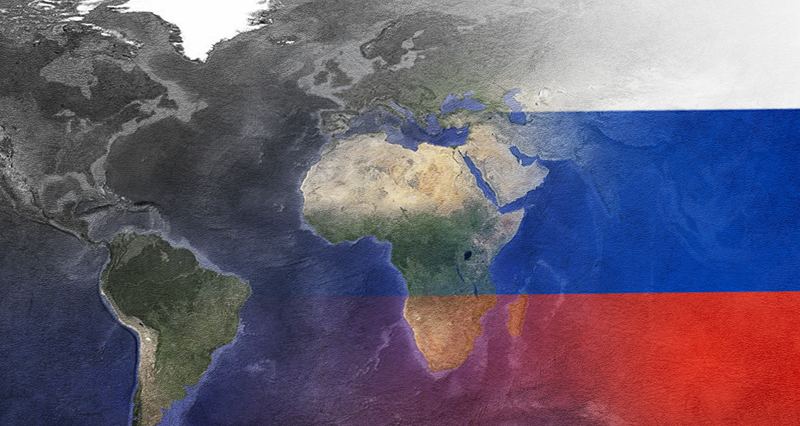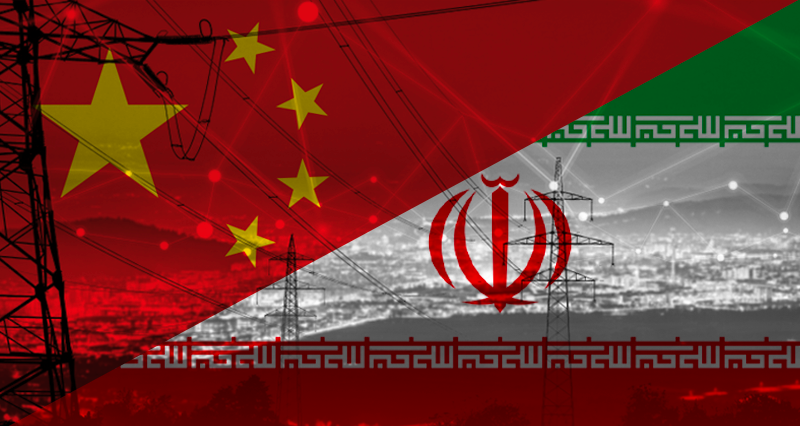By Onur Sinan Güzaltan
Historians describe the 1789 French Revolution as a “rupture”.
The political, economic, and cultural upheaval that occurred in France following the Storming of the Bastille, which shook the world, is described as a “rupture”, a radical break from the established order.
Today, we are in the midst of a significant global rupture process. Chinese President Xi Jinping, in his meeting with his Russian counterpart Putin in March 2023, used the phrase “change not seen for 100 years” to describe it.
Political, economic, and cultural power is globally shifting. The West’s resistance to this change in order to maintain its dominance, as exemplified by the war in Ukraine between Russia and the West, is causing global crises.
One of the most critical questions to ask regarding this process of change is: How much are the forces fighting against the West prepared for this rupture.
Far from Europe
Russia is on the front line of this great change and is itself therefore going through significant changes. From the Russia that declared its desire to join NATO in the early 2000s to today’s Russia, where Foreign Minister Sergey Lavrov states that it will not consider Western European countries as partners “for at least a generation”…
Lavrov’s words, as well as being a diplomatic message, express a significant cultural rupture for Russia, which has positioned or sought to position itself in Europe for centuries, except for the Soviet Union period.
The closed doors with the West are accelerating Russia’s rediscovery of Asia and Africa in foreign policy. Russian thinker Aleksandr Dugin evaluates this shift with the words, “We have lost the West, but we have discovered the rest”.
Domestically, there are signs of a shift towards a more state-controlled economic model.
The appointment of macroeconomics expert Andrey Belousov as the head of the Ministry of Defense is seen as part of this new trend. Also note President Putin’s recent remarks during his visit to defense industry facilities that “it is important to build an effective economy of the armed forces”.
It would not be inaccurate to describe this new phase in the Russian economy as a transition to a “war economy” suited to the conflict with the West.
Preserving Western traditional values while fighting the West
The portrait of Belousov with quotes from him published on Russia Today provides important clues for understanding the ideological dimensions of the new orientation.
I highlight the following remarks of Belousev:
“[Russia should follow the path of] modernized conservatism… Russia can preserve traditional Western values. The West has abandoned these traditional values and moved on to something else – to an anti-traditional [mindset] within the framework of postmodernism (…) [It is important to] preserve traditional Western values, which in a certain sense are the values of Western Christian civilization, European civilization. And Russia can become the guardian of these values. This may sound like a paradox, but it’s true. In this respect, it would be wrong to call the West our enemy…
But in the West, there are certain elites… and considerable parts of society that are associated with traditional values. And in this respect, they may grasp at this straw, this chance which Russia offers them to preserve some [of their values].”
Belousov defines Russia under the concept of modern conservatism as the defender of the values that the West has lost. He says that Western elites have broken away from their constitutive values.
When we put the statements of Lavrov and Belousov together, we see an image of Russia that, while fighting the West, seeks to preserve the traditional values of the West.
Of course, it is not possible to summarize Russia’s new ideological orientation based on just a few statements, but let’s ask the first question that comes to mind: What does modern conservatism developing in Russia, a country which presented the Soviet Union experience to humanity, include beyond the defense of “traditional Western values”?
And let’s end with another question: In a period where centuries-long Western dominance is weakening, does modern conservatism promise a restoration of the old order or a radical rupture to establish the new?

















Leave a Reply